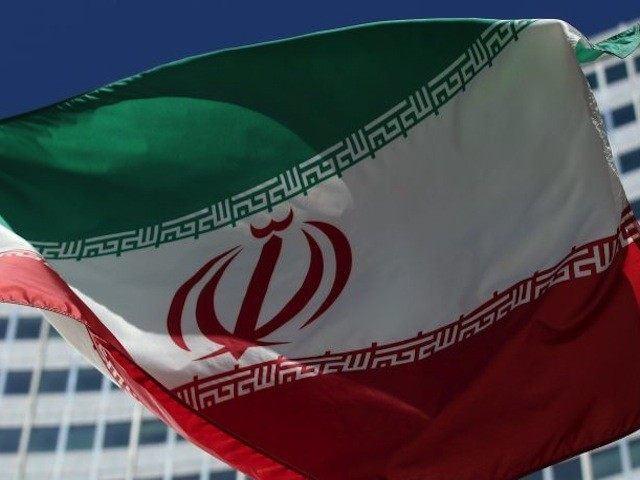Barry Navidi—who produced the Al Pacino vehicles, “The Merchant of Venice,” “Salome,” and “Wild Salome,” and is touring with Pacino’s current one-man show—spoke with Variety in Tehran during the International Urban Cities Film Festival. He asserted his excitement about the rapprochement between the Obama administration and Iran because it will encourage fimmaking in Iran.
Navidi acknowledged he had been invited to the festival by Amir Esfandiari, director of international affairs of the Farabi Cinema Foundation, and gushed, “I realized this is the perfect time to come back.” Variety asked Navidi if the Iranian film industry would benefit from the lifting of economic sanctions. He responded,
Absolutely. I would say it could happen within the next couple of years. It takes time, but I don’t see why we can’t use a location here in Iran to film a [Hollywood] movie. They have the infrastructure; they have the crew; they have the means to make films. I know that other countries, our neighbors, are trying to lure international productions with rebates. I don’t see why we can’t do that here.
Ignoring the global consequences of a nuclear deal that would allow the Iranian path toward nuclear weapons to proceed unimpeded, Navidi focused solely on his business, adding, “I know that one day, hopefully, I will be able to make a movie here. They have great filmmakers. In time, with the right circumstances, I would like to bring a Western production here. That’s what I can offer. It would be nice to bring the two cultures together and make something international.”
The Iranian government has been trying to use the Hollywood film industry for its own purposes for some time; in 2009, nine members of the American Academy of Motion Picture Arts and Sciences—Sid Ganis, Annette Bening, William Horberg, Frank Pierson, Alfre Woodard, Ellen Harrington, James Longley, Tom Pollock, and Phil Robinson—arrived in Iran to meet with Iranian filmmakers.
Javad Shamaghdari, the art advisor to Iranian President Mahmoud Ahmadinejad, told Iranian filmmakers not to meet with the Hollywood group until they apologized for films he said insulted the Iranian people, including “300,” “Not Without My Daughter,” and, “The Wrestler.” He said, “Cinema officials will only have the right to have official sessions with… Hollywood movie makers when [the latter] apologize to the Iranians for their 30 years of insults and slanders.”
Shamaghdari said Iran would believe Barack Obama’s promise of change if Hollywood issued an official apology.

COMMENTS
Please let us know if you're having issues with commenting.